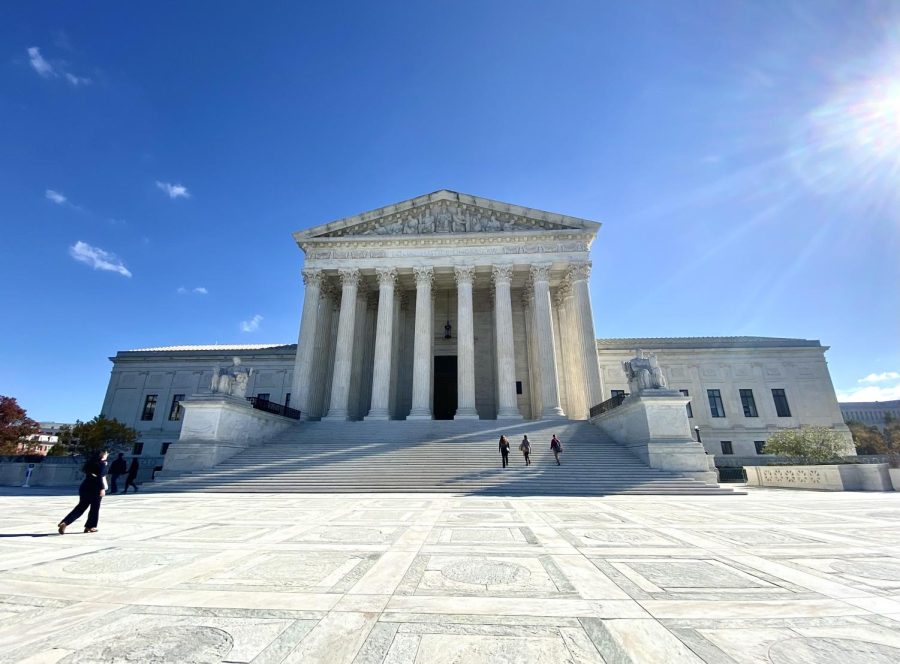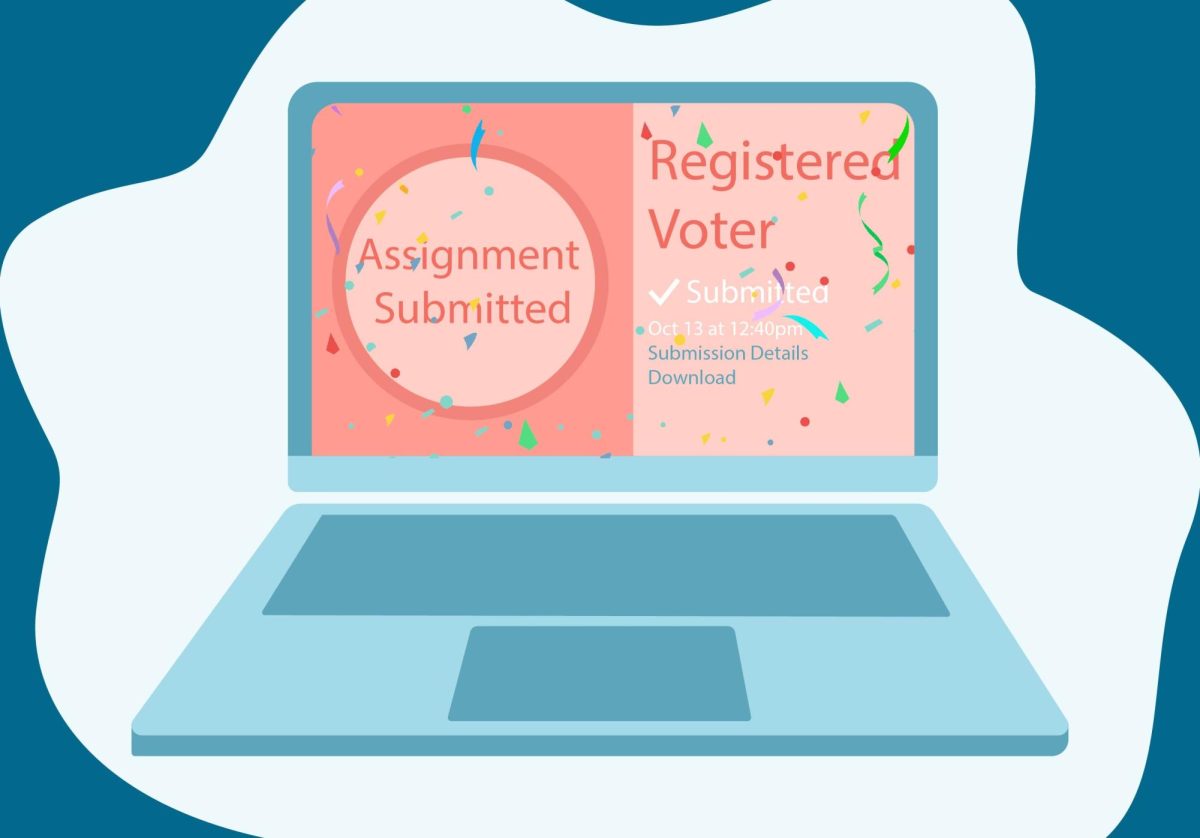It has been a few weeks since the Supreme Court’s decision to end affirmative action in the American higher education system.
The decision’s blunt severity starkly contrasts the jubilation we knew only a year ago when Justice Ketanji Brown Jackson was sworn in.
Her nomination and confirmation as the first Black woman on the Supreme Court was touted as a landmark victory for diversity and representation on the highest court in the land. It was a time for national celebration.
These days, the memory feels bittersweet.
Since the new Court burst onto the scene, breaking with decades of legal precedent to overturn federal abortion access protections, it has only accelerated its activist agenda.
The Justices have not gone on record to say climate change is false or its impact exaggerated, but the conservative majority has seriously curtailed the ability of the Environmental Protection Agency to enact anti-pollution regulations. The Court has yet to tackle challenges to state bans on transgender patients’ access to medical care, but experts suggest such a case is on its way.
The Supreme court has plunged chest-deep into America’s culture wars and the water is still rising. As we look forward to future decisions from this court, it’s looking like the best way to predict outcomes of cases is to bet against science, evidence and experts’ recommendations.
Take the amicus briefs of the affirmative action case.
Amicus briefs are arguments submitted by outside parties for the consideration of the court in its decision-making process. They can be submitted by individuals or organizations and are often co-signed. Their purpose is to provide supplemental arguments and evidence from interested groups and to express public support for one side or the other.
Nearly a hundred briefs were submitted during the affirmative action case, representing hundreds of invested parties.
The range of amicus briefs in support of affirmative action reflects the broad impact of the policy on American society. They include professional organizations, universities, businesses and more.
Among those supporting affirmative action are 11 law school deans, 35 top former military leaders, the College Board, the American Bar Association, 10 current and former Southern governors and the company Microsoft.
Organizations like the Southern Poverty Law Center, the National Women’s Law Center, the Center for Reproductive Rights, The Leadership Conference on Civil and Human
Rights and the National LGBTQ Task Force also submitted a brief.
Some of the most distinguished schools in the country did as well: Brown University, Columbia University, Duke University, Johns Hopkins University, Princeton University, Yale University and more than 40 institutions of higher education in total.
The list is truly astonishing, an impressive testament to the reach and legacy of affirmative action. Support was expressed from every corner of America’s professional and educational realms.
The opposition, expressed in 33 briefs, came from a far narrower slice of society.
Among those who filed amicus briefs against affirmative action is the Foundation Against Intolerance and Racism, an organization that campaigns against the acceptance of transgender children in schools under the guise of parental rights.
Arguing against affirmative action are professors, politicians and economists. There is also the American Center for Law and Justice, whose amicus brief compared the universities’ affirmative action policies to the racial classification practices of Nazi Germany.
An amicus brief was also filed by the Legal Insurrection Foundation, a far-right organization that rails against the teaching of supposed critical race theory in schools, a popular ideological stance rooted in pervasive misinformation. On its website, it boasts of its legal challenges to a librarian fellowship program, a business boot camp and a teacher loan forgiveness program.
It’s impossible to say whether the Supreme Court was swayed at all by these fringe groups or if they even read their briefs. There were nearly a hundred of them for this case alone, after all.
Instead, it’s likely the court’s conservative majority already knew what their decision would be going into the case.
“Given what the court has done with precedent in the areas of abortion and religious freedom law in the past two terms, it was pretty clear that the six-person conservative majority was going to overturn the existing precedent dealing with affirmative action in college admissions,” Tim Johnson, professor of political science and law at the University of Minnesota, told the Minnesota Daily after the decision.
There may not be a causal relationship between the opinions of extremist political groups and the decisions of the Supreme Court. But the correlation is undeniable. In the face of overwhelming credible and reputable support for affirmative action, the court sided with the ideology of fringe groups.
The logic of the court’s decision might be consistent with legal arguments made in the case, but the outcome caters only to the misinformation and fomented agitation that guide contemporary politics.
Regarding future cases, it may be in our best interest to bet hard against the evidence-based argument. At the very least, we might save ourselves a little heartbreak. For now, we share our frustrations with the court’s minority.
“Because the court cannot escape the inevitable truth that race matters in students’ lives, it announces a false promise to save face and appear attuned to reality,” Justice Sonia Sotomayor said in her dissenting opinion. “No one is fooled.”












